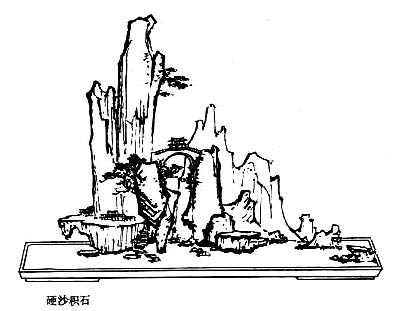詩
經
Shi Jing 
 – The Book of Odes
– The Book of Odes
The oldest collection of Chinese poetry, more than three hundred songs, odes and hymns. Tr. Legge (en) and Granet (fr, incomplete).
Shijing I. 12. (138)
Beneath my door made of cross pieces of wood,
I can rest at my leisure ;
By the wimpling stream from my fountain,
I can joy amid my hunger.
Why, in eating fish ;
Must we have bream from the He ?
Why, in taking a wife,
Must we have a Jiang of Qi ?
Why, in eating fish ;
Must we have carp from the He ?
Why, in taking a wife,
Must we have a Zi of Song ?
Legge 138
Au-dessous de la porte Heng
l'on peut se reposer tranquille !
L'eau de la source coule, coule !
l'on peut s'amuser et manger.
Quand l'on veut manger du poisson
faut-il avoir brêmes du Fleuve ?
Lorsque l'on veut prendre une femme
faut-il des princesses de Ts'i ?
Quand l'on veut manger du poisson
faut-il avoir carpes du Fleuve ?
Lorsque l'on veut prendre une femme
faut-il des princesses de Song ?
Granet XXIV.

The Book of Odes – Shi Jing I. 12. (138) – Chinese on/off – Français/English
Alias Shijing, Shi Jing, Book of Odes, Book of Songs, Classic of Odes, Classic of
Poetry, Livre des Odes, Canon des Poèmes.
The Book of Odes, The Analects, Great Learning, Doctrine of the Mean, Three-characters book, The Book of Changes, The Way and its Power, 300 Tang Poems, The Art of War, Thirty-Six Strategies
Welcome, help, notes, introduction, table.
Index – Contact – Top
